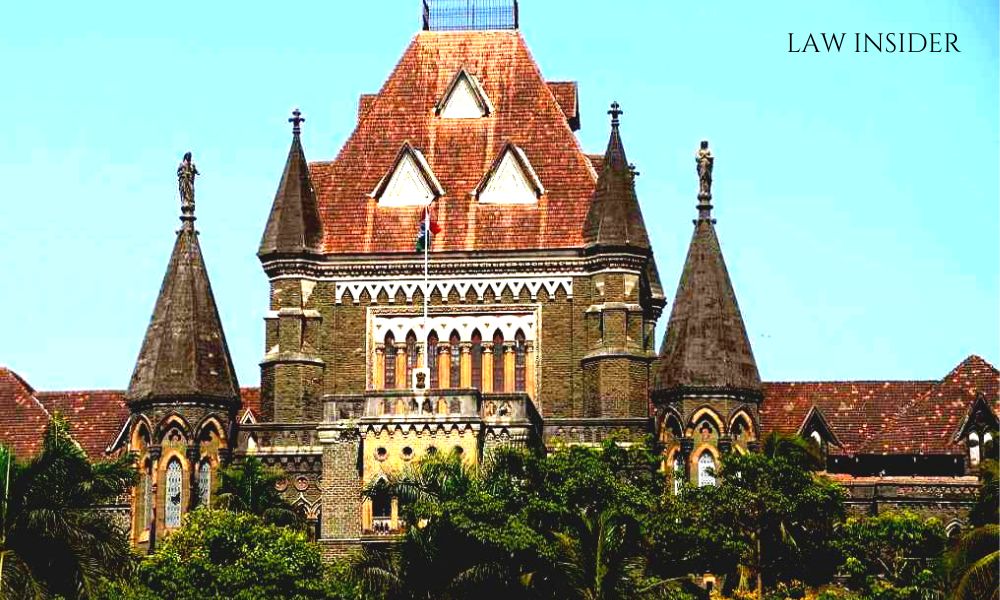Shashwati Chowdhury
Published on: June 22, 2022 at 17:34 IST
The High Court of Bombay has held, the mere pendency of a civil suit does not put an absolute bar to a petition under Section 11 of the A&C Act, provided the petitioner can withdraw the case before the defendant files a statement of defence.
The Single Bench of Justice G.S. Kulkarni ruled that when there is an arbitration agreement, the Civil Court may also consider the plaintiff’s application to permit withdrawal of the lawsuit and refer the parties to arbitration.
The Court ruled that a party’s rights, which are recognised by a partnership deed as a legal heir of the deceased partners, are independent from the rights that are accrued to a party as the legal heir of its deceased parents in their estate.
The court held that the applicants are legal heirs who have been given an interest in the partnership firm because they are recognised as such by the partnership deed.
According to the court, it is explicitly clear after reading all three clauses together (opening para, clause 17 & 19) that the legal heir of a deceased partner could invoke the arbitration clause in the partnership deed dated 12.03.2012 to settle any difference or dispute.
The Court further held that even if it were assumed that the causes of action for the Civil Suit and the present arbitration application overlapped, it would still be permissible for the plaintiffs to withdraw the suit by making such an application in the lawsuit no later than the date the defendants submitted their first statement on the substance of the dispute, according to Section 8 of the Act and general legal principles.
The petitioner filing a civil lawsuit over the same dispute cannot put an absolute bar on the appointment of an arbitrator, the court ruled. The petitioner may submit an application for the appointment of an arbitrator as long as he can withdraw his lawsuit before the other party files its statement on the substance of the matter.
The Court further relied on Section 40 of the A&C Act to rule that an arbitration agreement survives a party’s death and that that party’s legal heirs may act in that party’s place to invoke the arbitration agreement.
To adjudicate the dispute arising out of the partnership, the Court allowed the arbitration petition and appointed a sole arbitrator.

